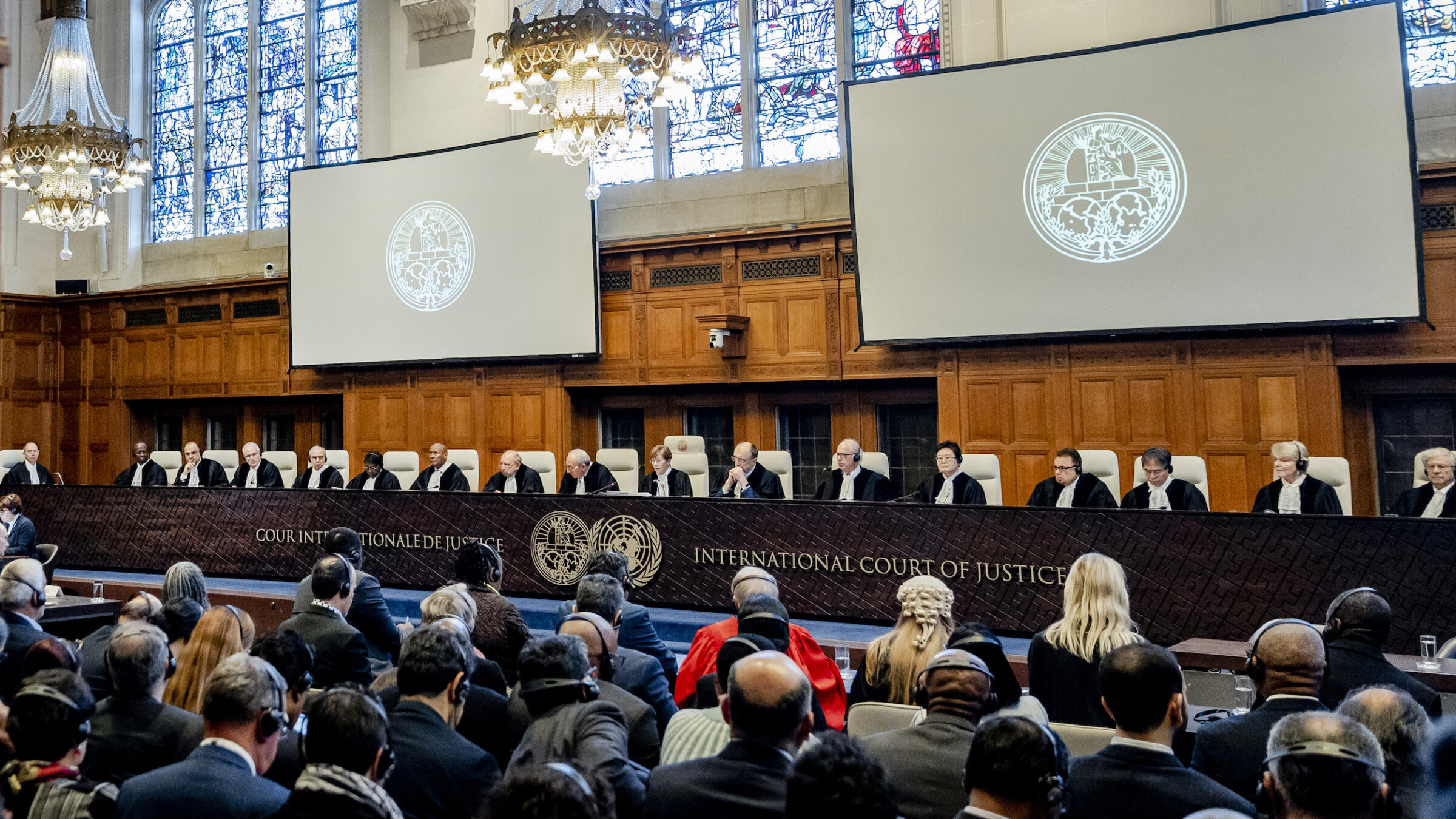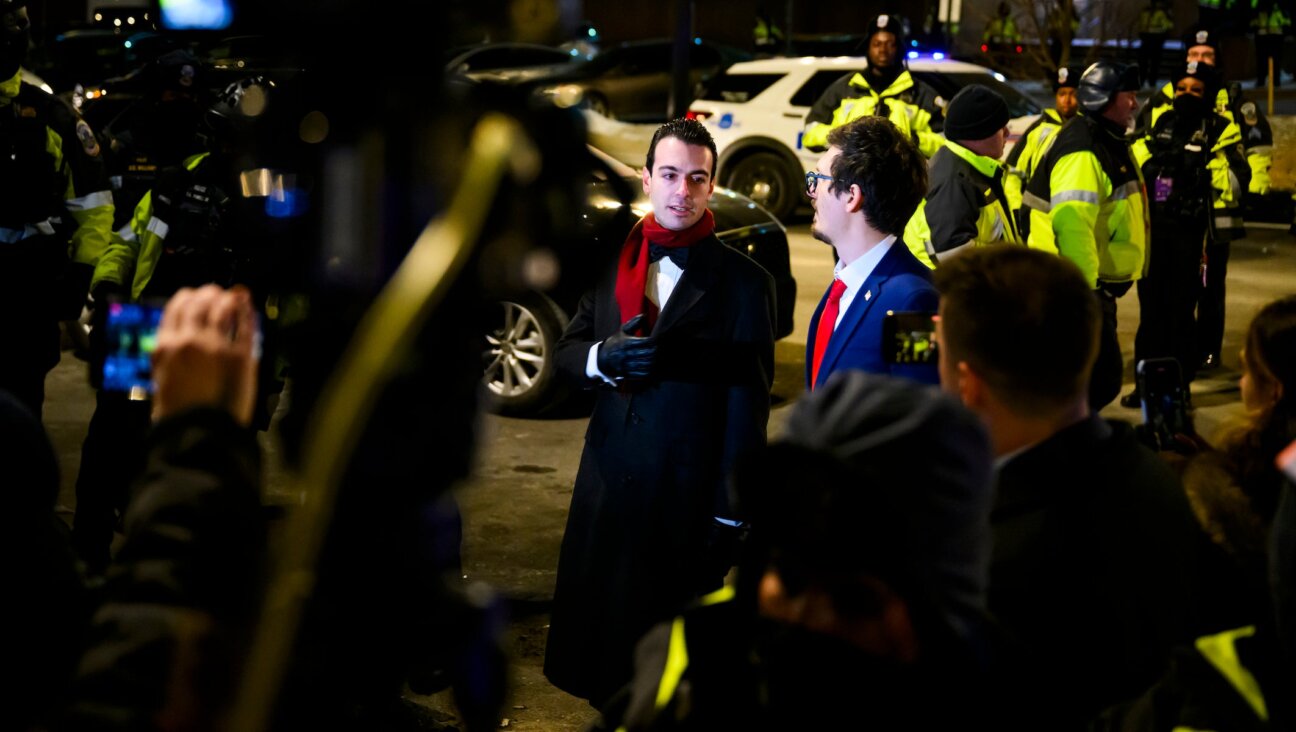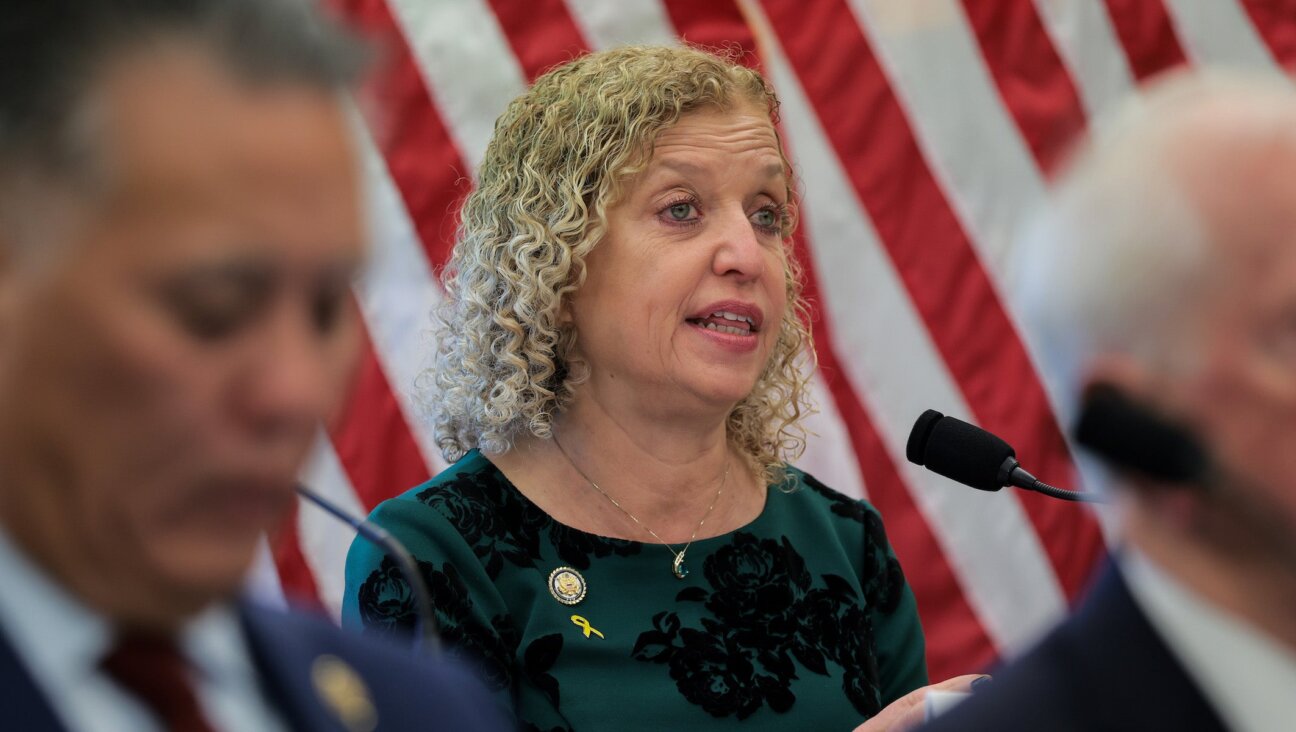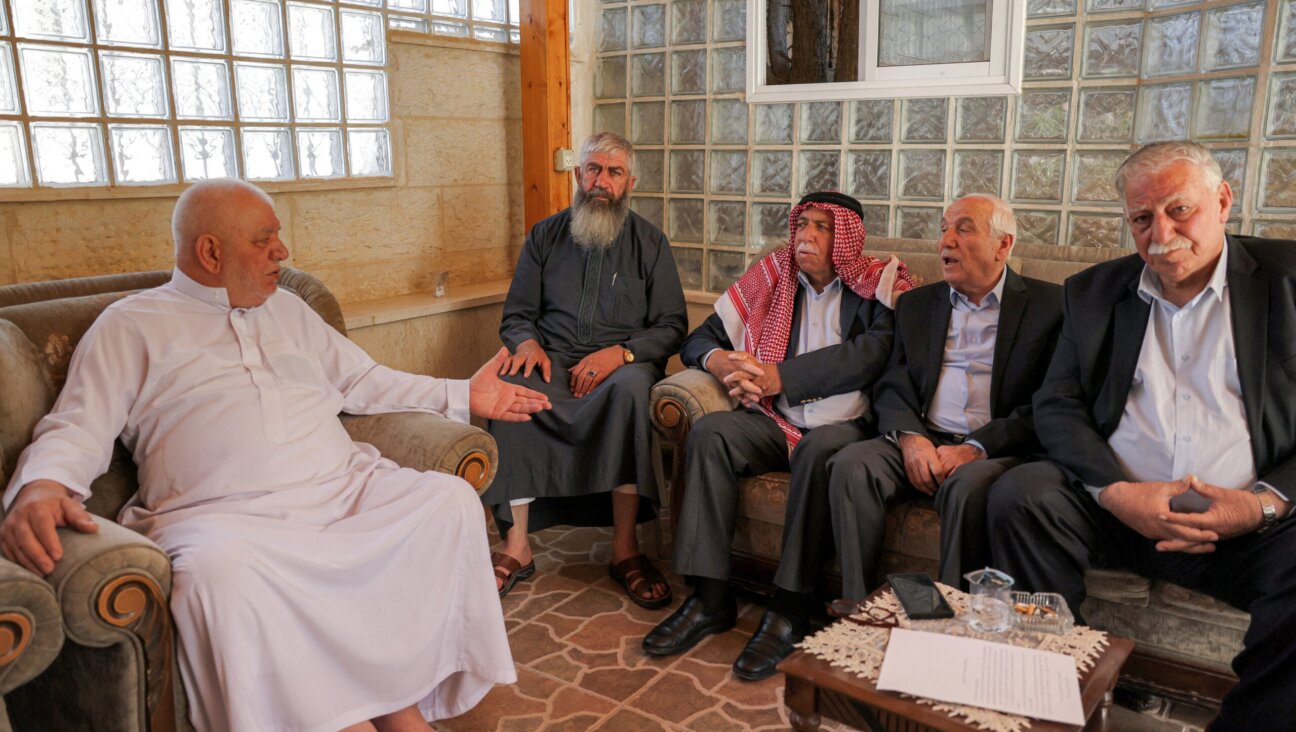What’s next for Israel after the International Court of Justice ruling?
The court ordered Israel to report back on aid and genocide prevention — but did nothing to stop the war in Gaza

The International Court of Justice. Photo by Remko de Waal / ANP / AFP
The International Court of Justice’s ruling ordering Israel to prevent genocide in Gaza does nothing to hinder the fighting.
The court did not call for a withdrawal of Israeli troops, nor did it order a cease-fire in the fighting that has razed large swaths of Gaza and killed thousands of Palestinians.
Instead, the court ordered Israel to report back in a month on steps it is taking to provide humanitarian aid, prevent genocide and punish incitement to genocide. The court also ordered Israel to preserve evidence related to the genocide accusation.
The ruling from the court in The Hague was made in response to a claim by South Africa that Israel’s invasion and bombardment of Gaza puts Palestinians there at risk of genocide. While the court found no evidence of genocide, it ruled that some of South Africa’s claims “are plausible” and that Palestinians must be protected from acts of genocide.
Israel has said measures to prevent harm to civilians, allow aid and punish incitement to genocide already exist. The court said those measures should “be encouraged” but are not enough.
The judges and the court
Two of the court’s 17 judges, former Israeli Supreme Court chief justice Aharon Barak and Ugandan judge Julia Sebutinde, opposed the order to have Israel report back in a month. Barak, an 87-year-old Holocaust survivor, did approve the orders to stop incitements to genocide and to deliver aid.
The court’s decision pertains only to South Africa’s request for emergency measures. Ruling on the genocide accusation itself could take the court years.
International law permits self-defense in response to an attack. The court echoed Israel’s justification for the war, noting that it was sparked by the Oct. 7 terror attacks in which Hamas murdered more than 1,200 people and abducted 240. Hamas still holds more than 130 hostages.
The ICJ, part of the United Nations, was established to settle disputes between U.N. members. Though its orders are considered legally binding, the court has no way to enforce them.
What Netanyahu says
On Jan. 13, Israeli Prime Minister Benjamin Netanyahu wrote on the social media platform X (formerly Twitter): “Nobody will stop us – not The Hague, not the axis of evil and not anybody else.”
But if Israel does not comply with the IJC order, it could spark boycotts or other actions.
In response to the ruling, Netanyahu said the court “justly rejected” South Africa’s “vile attempt” to deny Israel’s “fundamental right” to defend itself. Israel launched the war with a stated goal of wiping out Hamas, which Netanyahu has labeled a “genocidal” organization. His office also pledged Friday to “continue to facilitate humanitarian assistance, and to do our utmost to keep civilians out of harm’s way.” A Hebrew statement was more explicit in condemning Hamas, saying that Israel is waging a “just war” against “the Hamas monsters who murdered, raped, beheaded and kidnapped our citizens.”
Genocide is defined under the 1948 Genocide Convention as “acts committed with intent to destroy, in whole or in part, a national, ethnical, racial or religious group.” That treaty criminalized the destruction of groups of people in the wake of Nazi Germany’s effort to annihilate Jews and other minorities during World War II.
Accusing Israel of genocide is an ironic turnabout — Netanyahu called it “outrageous” — given Israel’s founding as a homeland for Jews in the aftermath of the Holocaust. Israeli Defense Minister Yoav Gallant has said Israel should not “be lectured on morality.”
The Palestinian foreign ministry, posting on social media, called the ICJ order “an important reminder that no state is above the law.”























